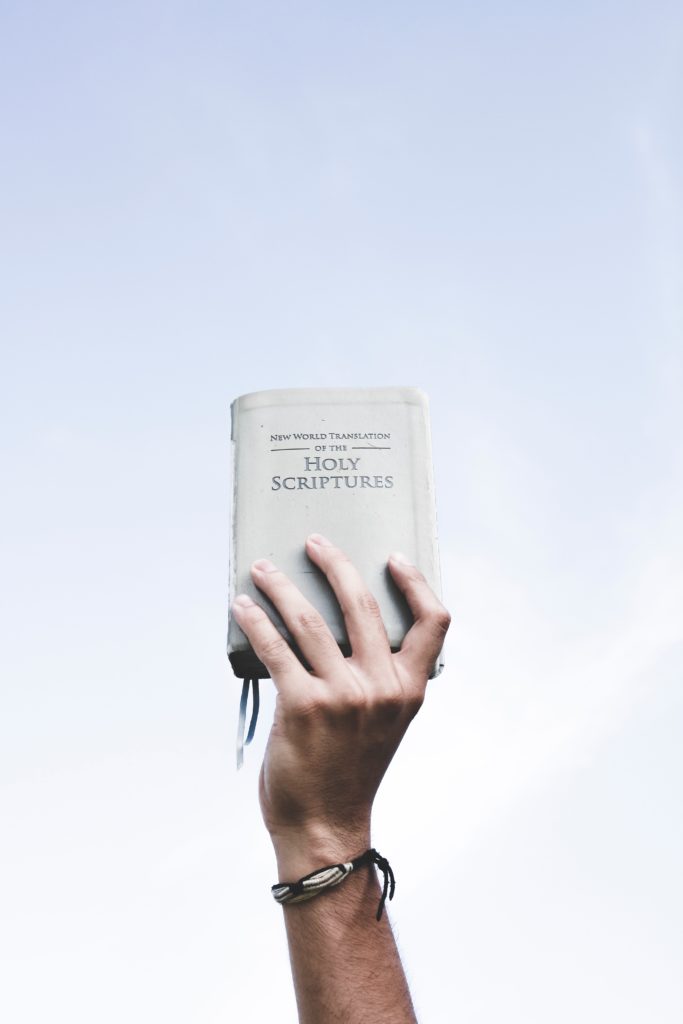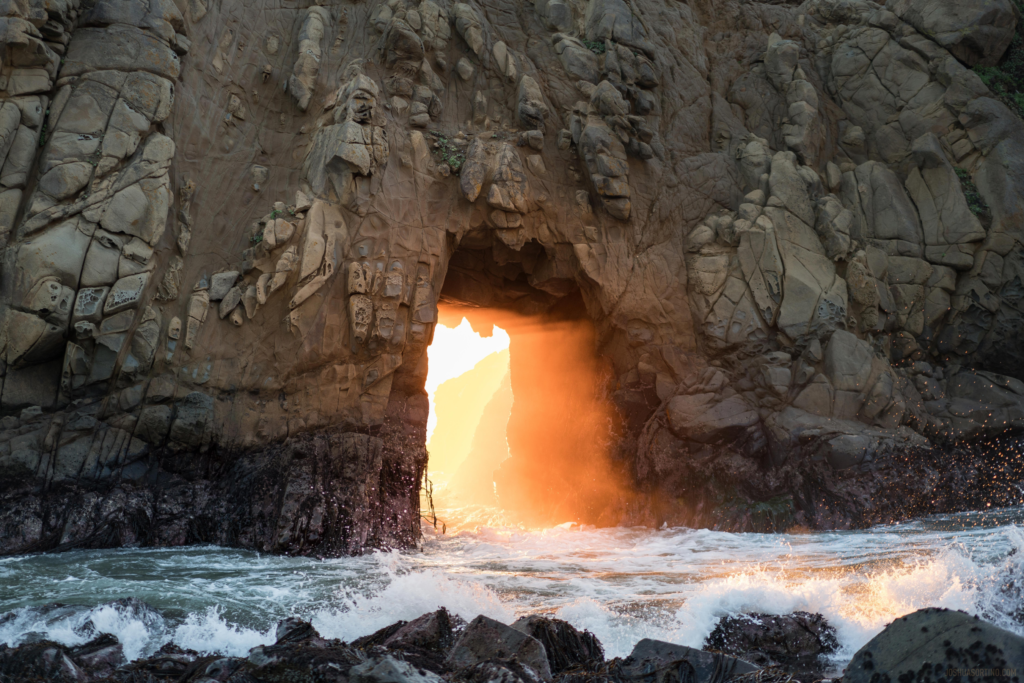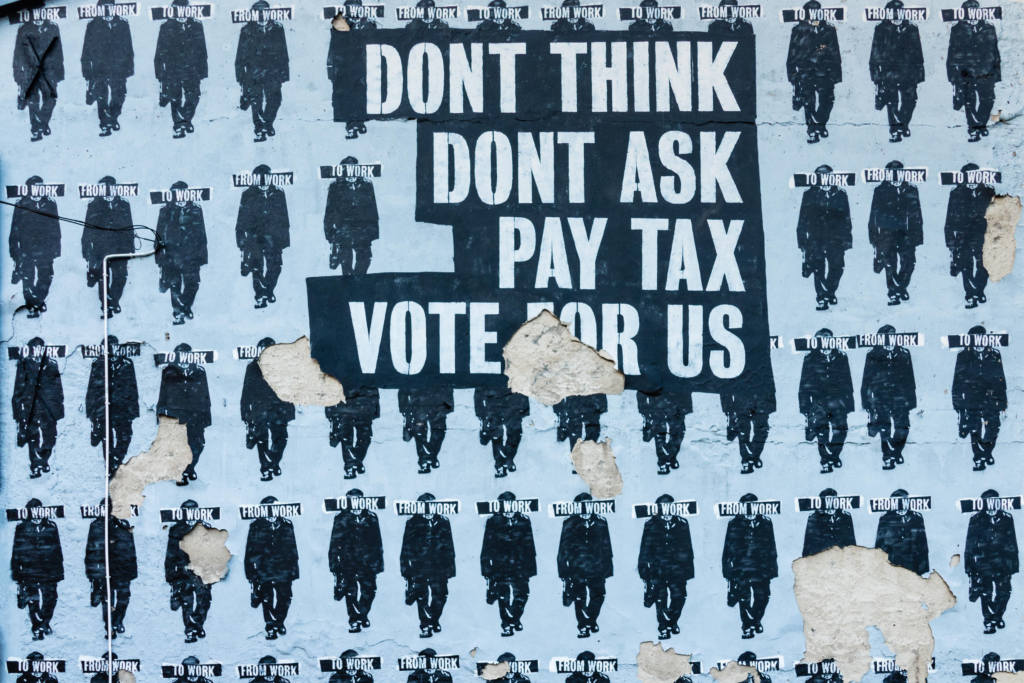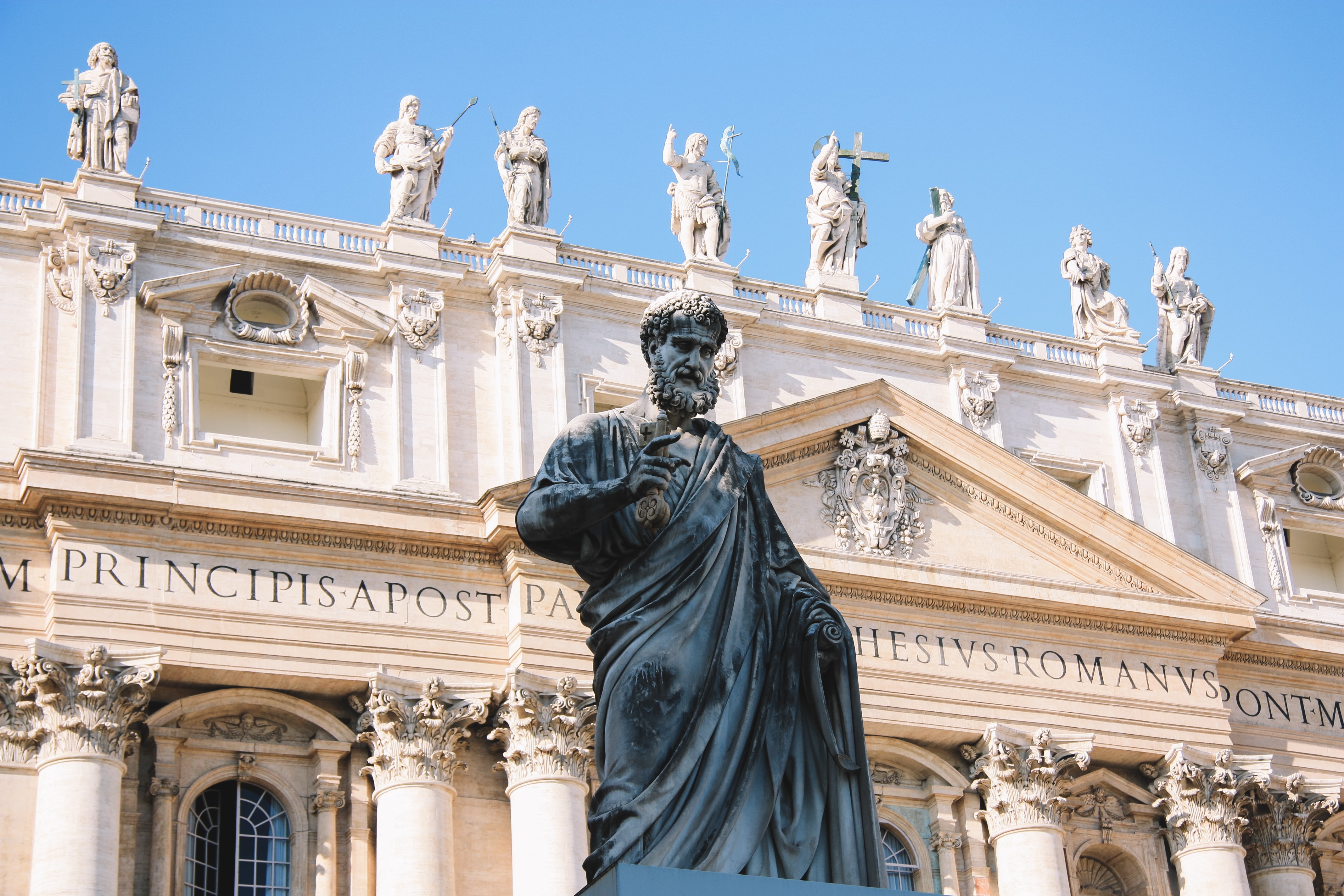
This post is part of a broader subject that very much deserves public attention and discussion. Capitalism as it has been practiced since 1776, the year Adam Smith first published his book The Wealth of Nations, coincidentally, the same year as our Declaration of Independence, is failing. It is time to accept this fact and create something different – something better.
Moral capitalism is a term and concept that has been bandied around for a while, and its full realization in all aspects of our economy, including financial markets, is long overdue. A shift to one aspect of moral capitalism has been happening to a certain extent in, of all places, the investment community, driven mainly by the demands of institutional investors.
ESG Investing
Faith-based institutions have played a considerable role in the advancement of Environmental, Social, (Corporate) Governance (ESG) investing, also known as sustainable investing, since they are particularly sensitive to the companies or industries included in their portfolios. For example, with Pope Francis’s release of the environmentally oriented encyclical Laudato Si, the Catholic Church would do well by putting words to action and decarbonizing all of its portfolios.
Although ESG investing has been gaining steam, asset managers, traditional and alternative, have been too slow in truly implementing it. Partly, this is due to a lack of data, although the EU is now leading the data collection effort, but it is also due to the managers’ lack of foresight, knowledge, skill and genuine commitment to sustainable investing.
Some investment managers have their regular funds and similar ESG funds that exclude the companies and industries that would not meet the UN PRI or the manager’s ESG criteria. This could be acceptable in the interim, until the investment community as a whole fully transitions to ESG investing, as long as managers are not simply repurposing an old fund with an ESG label and engaging in “green washing.” (Note, the institutional investors have gotten wise and can tell.) The managers need to change their underlying investment processes and, ideally, their entire culture to a responsible, long-term investment focus.
The hedge fund industry, active managers with higher fees and often a focus on absolute returns, would be wise to adopt ESG investing, since it would be a real value added, particularly as the industry needs to justify its raison d’être in a time of passive investment.
Also, a good hedge fund manager, like a traditional one, minimizes exposure to systemic risks and acts as a shield against what is often mislabeled as a black swan event. It would be hard to categorize the effects of climate change, which has been documented for at least half a century, as a black swan event.
In fact, the financial crisis was often referred to as such, when truly savvy investors saw it coming. If one was looking at the economy, the proliferation of certain financial instruments, the data, and the historical frequency with which crises have beset capitalist economies, it was hardly a black swan event.
Some might argue that many institutional investors need alpha/pure performance and any potentially “compromising” considerations, such as ESG, should be secondary at best. The premise of this argument would be that alpha and ESG are at odds. Let us consider. If all of the alpha generated over some extended period of time is wiped out as the “black swan” takes over the lagoon, then all those fees paid were effectively a waste of good money, particularly when pensions funds cannot afford to lose any money.
Additionally, the governance factor is low-hanging fruit. There has been inadequate pressure by institutional investors on management and on corporate oversight to lower executive compensation, improve the treatment and compensation of labor, include other stakeholders, such as labor, on the board of directors and to the minimize the short-term focus, including share buybacks, i.e. quarterly capitalism. I would argue that the mismanagement of these companies is often directly related to the investors’ underwhelming returns.
Nonetheless, the ESG trend is positive. Let us keep it moving forward and fix our economy so that it serves everyone. That would be moral capitalism, and that would be a great awakening.










